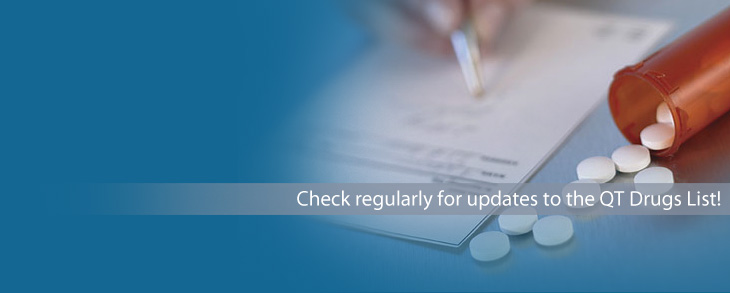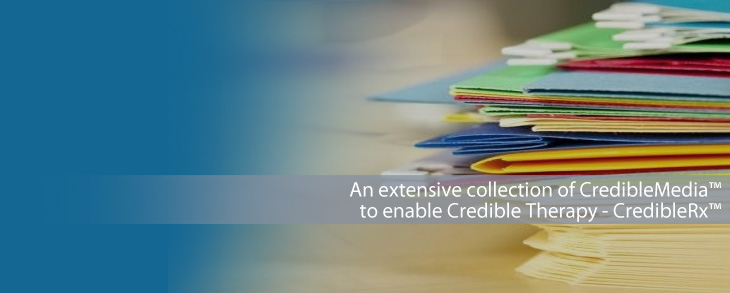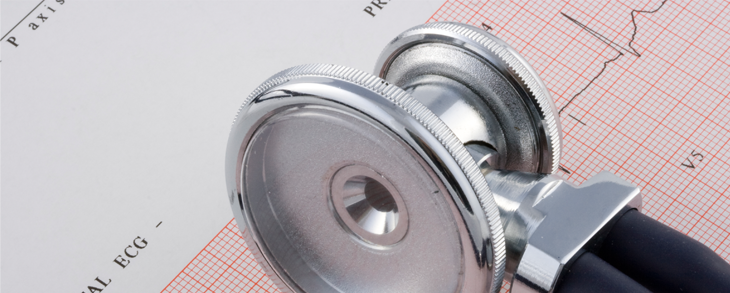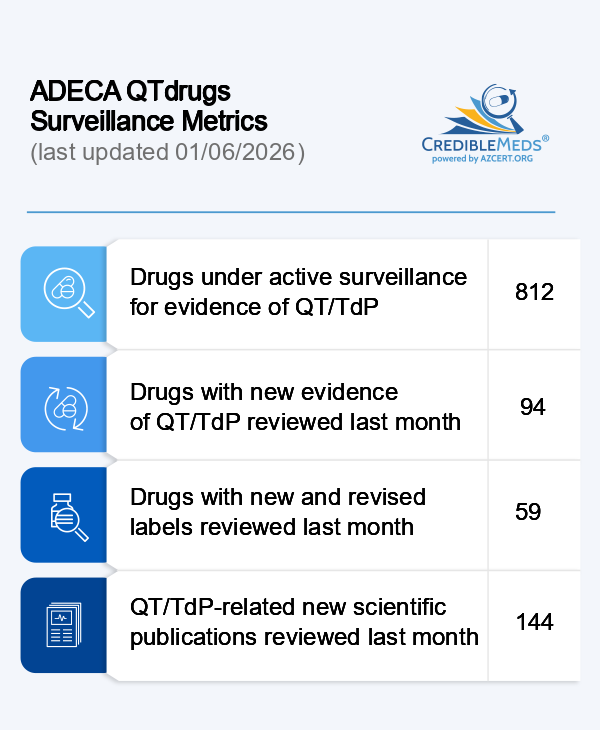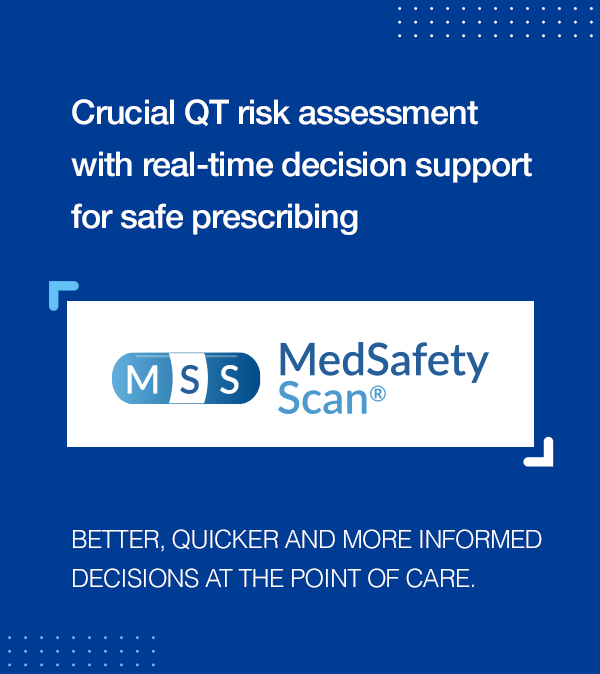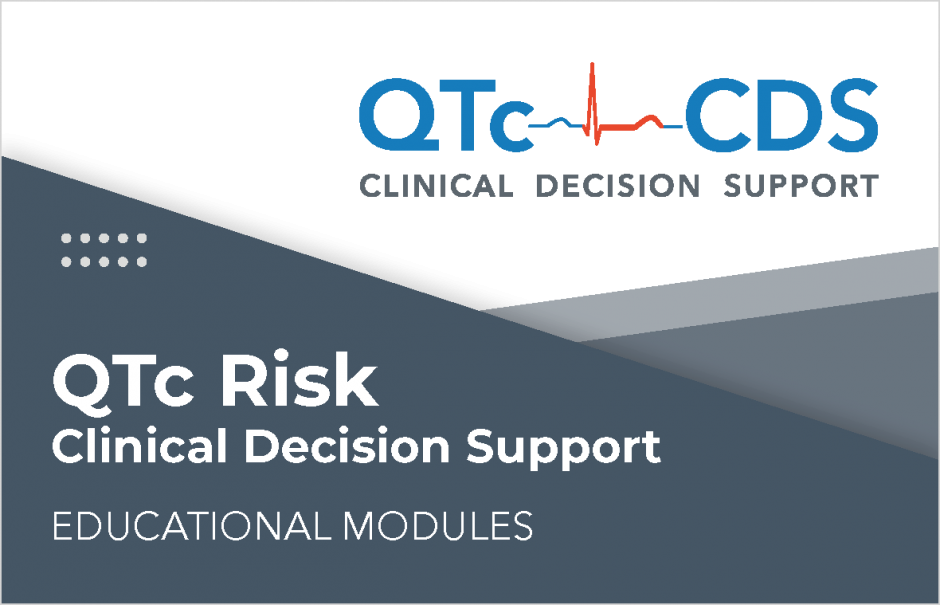Yes, Grapefruit! While it has been known for over a decade that grapefruit contains a chemical that can block your body’s ability to degrade many prescribed medicines, it would not otherwise be expected to have direct effects on the electrical system of the heart. Nevertheless, a recent study conducted in 30 normal volunteers and 10 patients with congenital Long QT syndrome (cLQTS) who drank 2 liters of grapefruit juice (in divided portions over 6 hours), found a significant increase in QTc in normal subjects and a much larger increase in those with cLQTS.1 After the first patient with cLQTS was studied, the magnitude of the changes in the patient’s QTc prompted the researchers to limit the amount of grapefruit juice given to others with cLQTS for safety reasons. The effect was greater in women and the magnitude of change exceeded the threshold set by the FDA to define a relevant effect on QTc during drug development.
Patients with cLQTS should be aware of this risk and limit their exposure to grapefruit juice. Recent similar findings with energy drinks2 (see blog below) and possibly dietary supplements3 suggests that this is just the beginning of our understanding of how prevalent the problem of “arrhythmogenic foods” is and how many it will impact.
1. Chorin E, Hochstadt A, Granot Y, et al. Grapefruit Juice prolongs the QT Interval of Healthy Volunteers and Patients with Long QT syndrome. Heart Rhythm 2019.
2. Shah SA, Szeto AH, Farewell R, et al. Impact of High Volume Energy Drink Consumption on Electrocardiographic and Blood Pressure Parameters: A Randomized Trial. J Am Heart Assoc 2019;8:e011318.
3. Hildyard C, Macklin P, Prendergast B, Bashir Y. A Case of QT Prolongation and Torsades de Pointes Caused by Ibogaine Toxicity. J Emerg Med 2015.


